
Instructions for Using This Page
Each of the sections of this web page links to a resource that will help to remind you of this module of our Science, Philosophy and Spirituality course. Just click on the section, and you will be linked to the resource.
When you are reading an article from this website online, blocks of text in bold coloured type that make reference to an external source are “clickable”. If you click on them, you will be taken to the resource to which they refer.
Enjoy!

.PDF of the slides shown in the session.
The Module dealt with how, during the past hundred years, a completely new understanding of the nature of the human mind has developed, through the inter-disciplinary studies of philosophers, biologists, neuroscientists and psychologists.

Article
Link to my article, “Beyond the Brain”: an introduction to the “embodied mind” perspective that is changing the way we think about what it means to be human. This article tells the story of how I stumbled across it, what it tells us, and how it came to be developed.
Handout
Link to a downloadable copy of the handout distributed during the session.

Books referenced in Module: “The Embodied Mind”

A good, readable introduction to the ’embodied mind’ perspective. Guy Claxton draws on the latest findings in neuroscience and psychology to reveal how our bodies actually constitute the core of intelligent life.
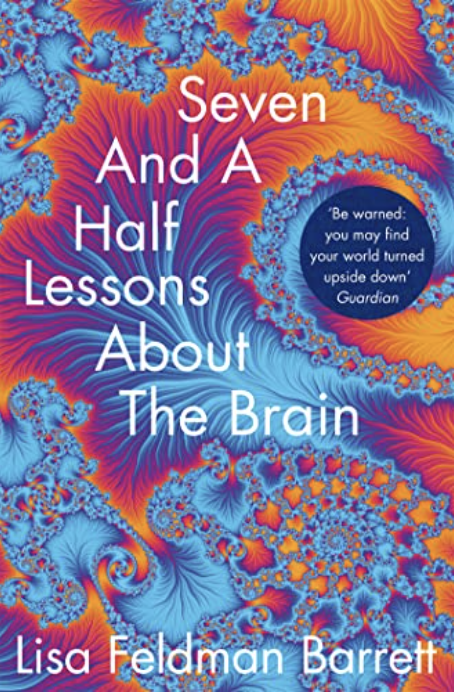
In seven short, readable chapters (and a brief history of how brains evolved), eminent psychologist and neuroscientist Lisa Feldman Barrett explains our latest understanding of what neuroscience research shows us about our brains.
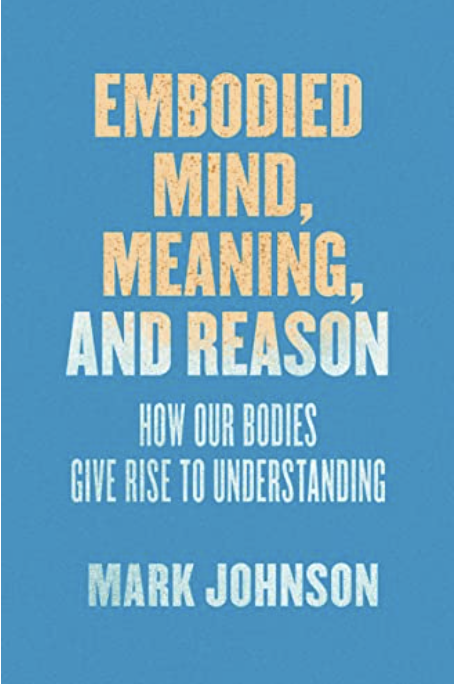
Together with linguist and philosopher George Lakoff, Mark Johnson was the first person to use the term ’embodied mind’ to describe the new perspective. In this book, he reviews the history of the paradigm and explores his own intellectual journey as a pioneer in the field.
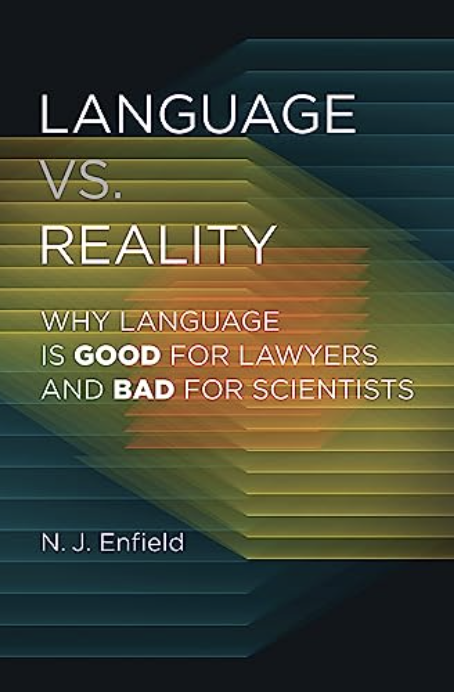
Language plays a key part in the way our minds function, and in the way we create our shared social reality. Enfields highly readable book explores the science behind language to explain why it is far better at persuasion than it is at representing reality.
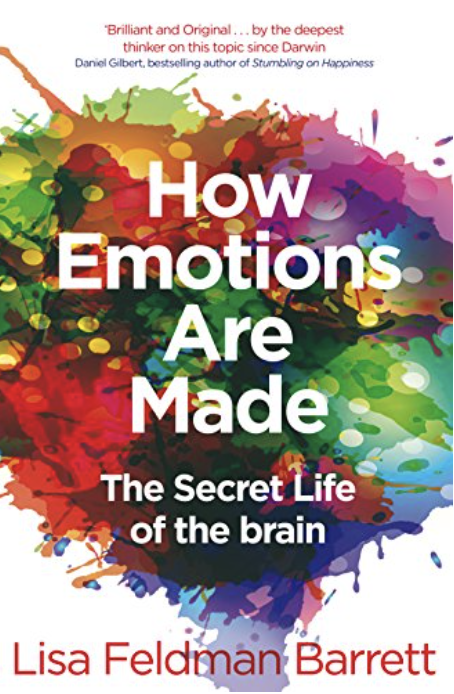
Most of what we think we know about emotions has been around in one form or another since the time of Plato, but pioneering psychologist and neuroscientist Lisa Feldman Barrett offers a convincing alternative explanation that is entirely consistent with the new ’embodied mind’ perspective. It has serious implications for parents, judges, doctors and the police.
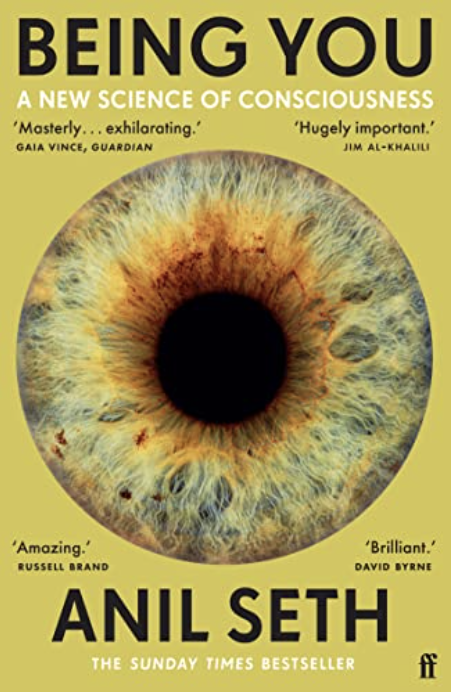
Just as Barrett’s understanding of how emotions are made challenges centuries-long traditions, so Anil Seth’s brilliant experimental work into the nature of consciousness transforms how we view the way our brain perceives the world around us, and controls the innermost workings of our body.
Links to Videos shown during the Session
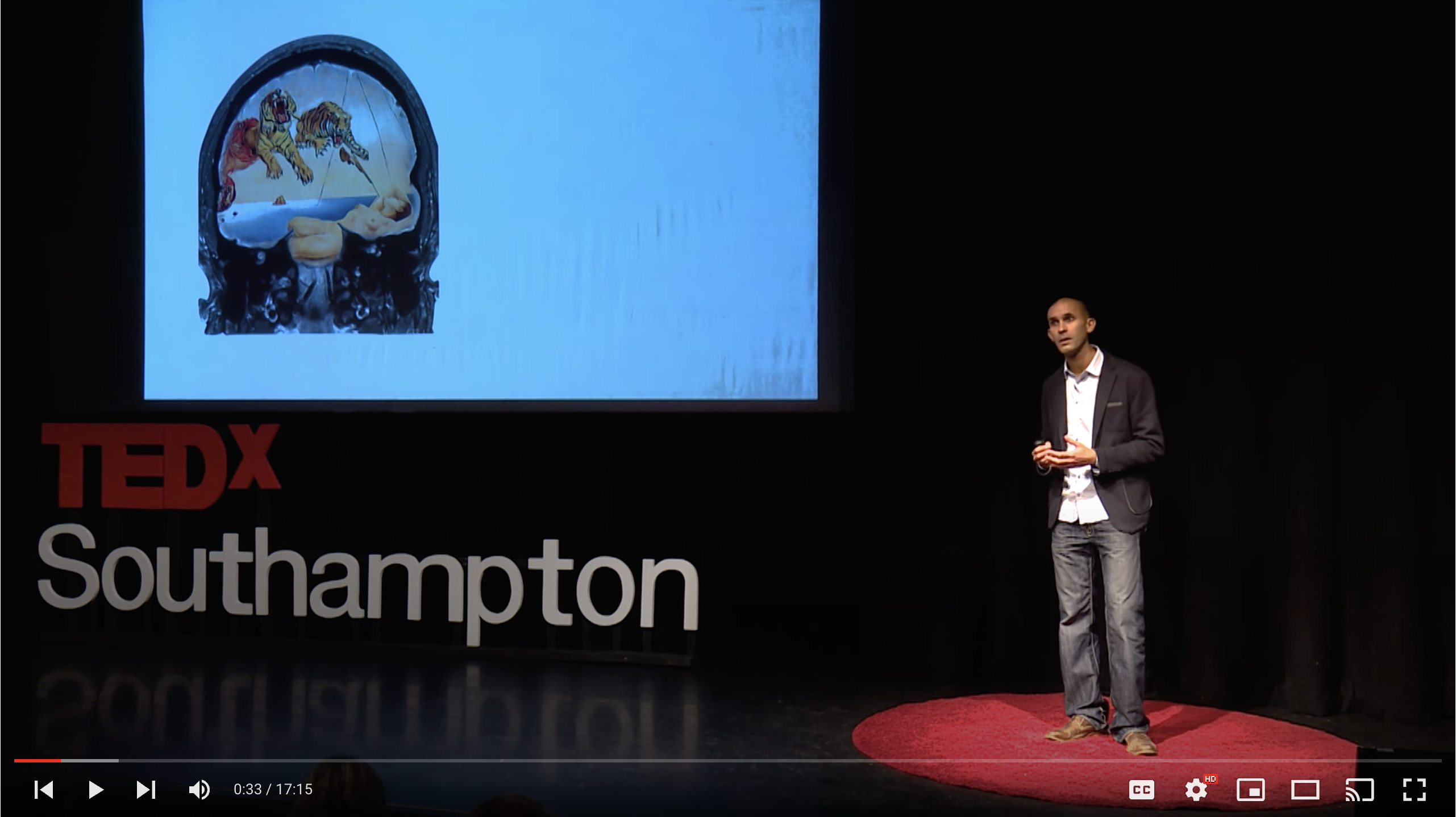
In this TED talk, recorded a few years ago, Anil Seth explains his theory of predictive consciousness, and shows the scientific evidence on which it is based.
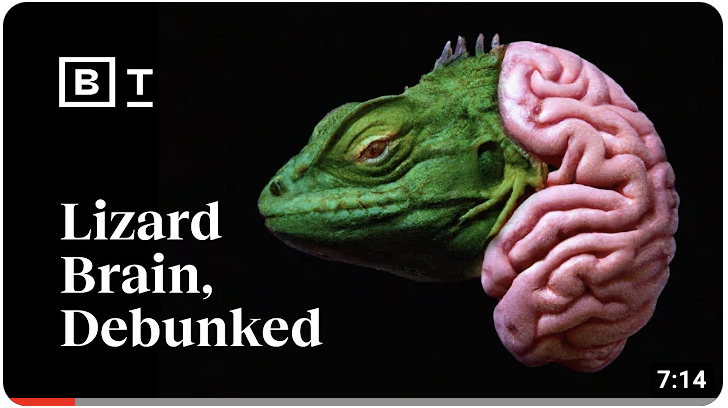
Lisa Feldman Barret explains why our understanding of the “triune brain” is false. She demonstrates how brains develop, and what they do to keep us alive.

Link to Course Home Page
Click this link to return to the Home Page for Season 1 of the Shepway and District u3a Science, Philosophy and Spirituality programme.

